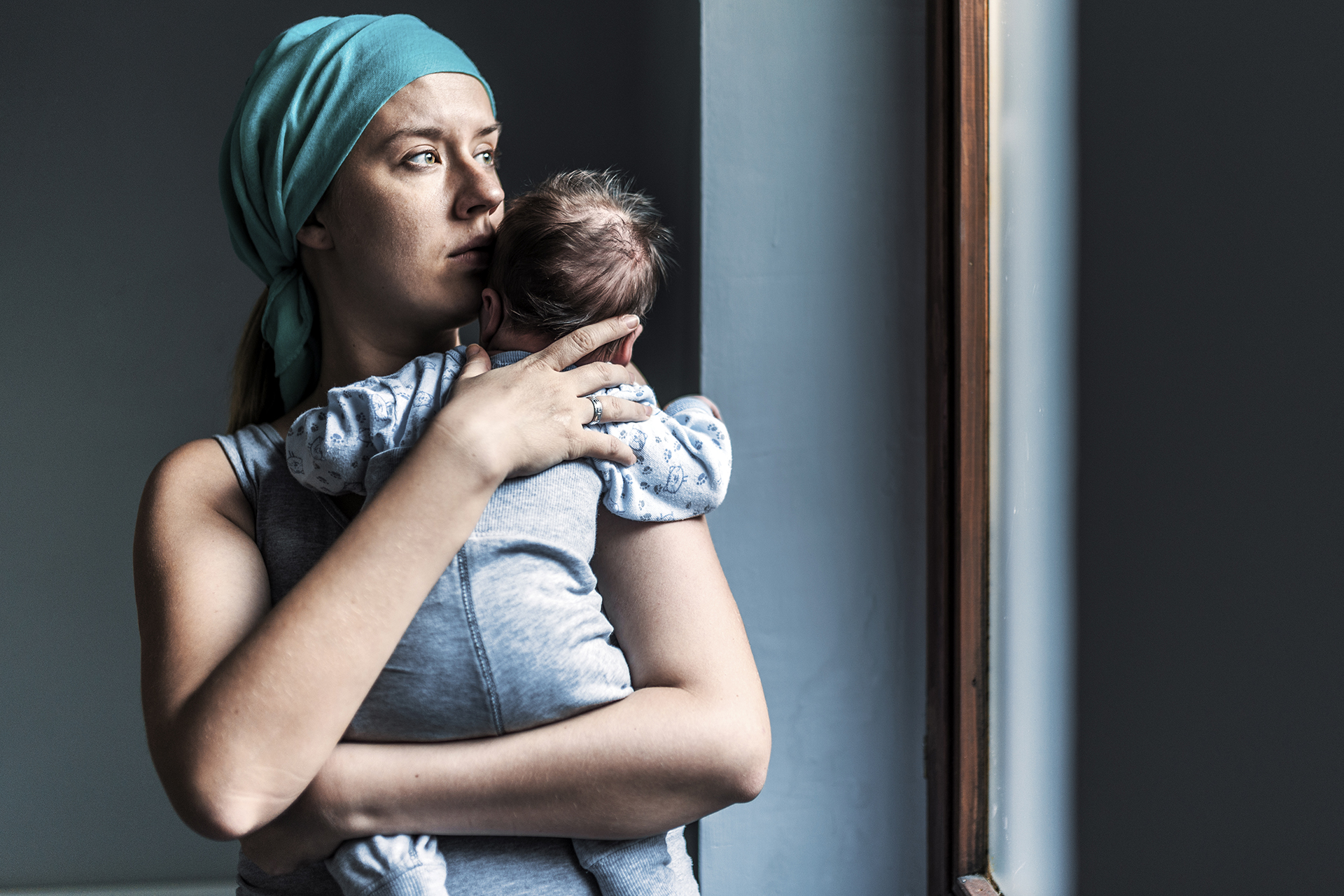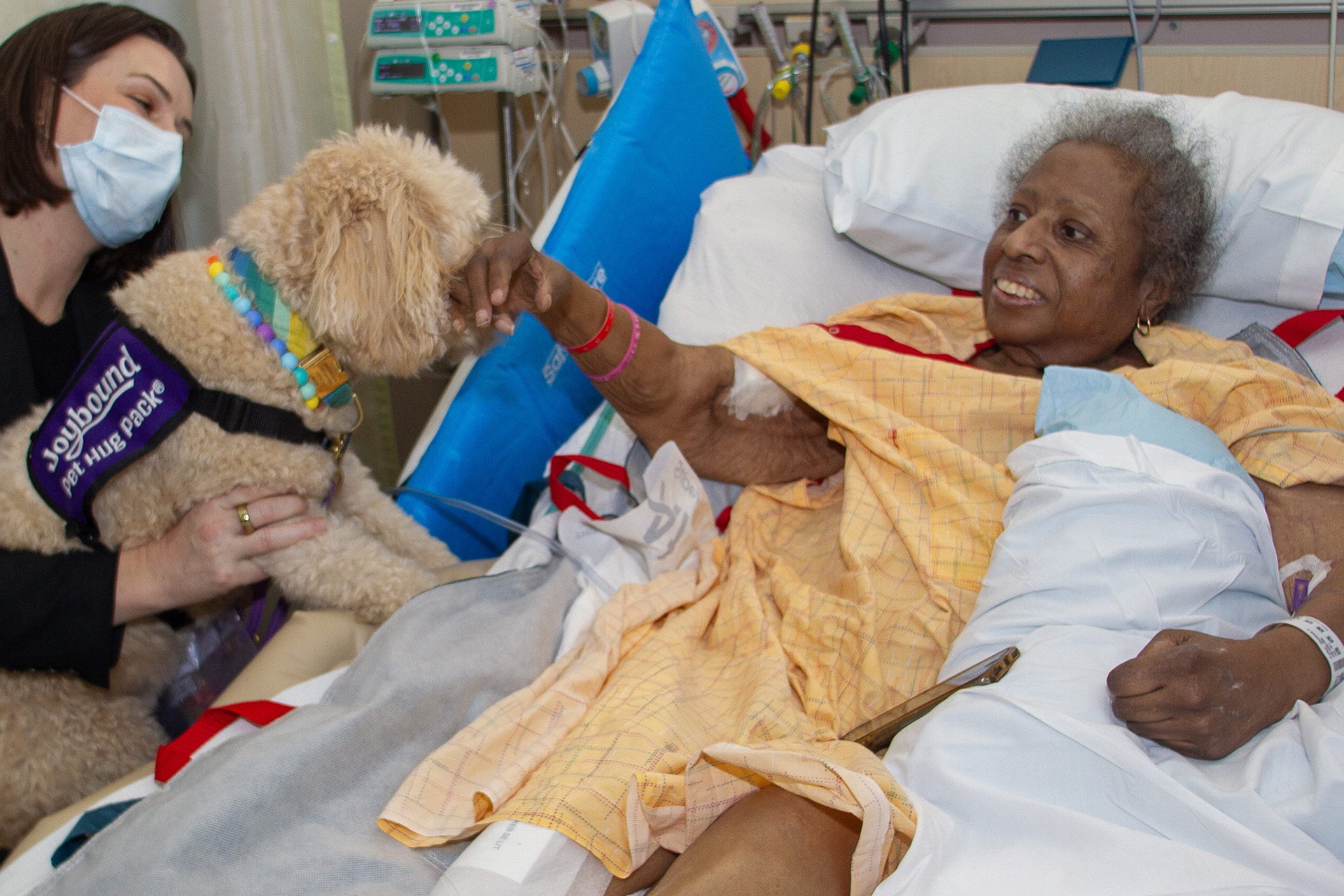For many new parents, it’s all about the baby, 24 hours a day.
But parents also need to care for themselves, especially with the sleep deprivation and overwhelming feeling of responsibility that can come with caring for a tiny, vulnerable human being, according to Katharine Banerjee, MD, depression lead for obstetrics and gynecology with Kaiser Permanente in Northern California.
Remembering to be kind to yourself, getting some uninterrupted sleep, eating well, or going for a walk can all go a long way for new parents.
Those who struggle with ongoing sadness after giving birth often need more help, as about 13% in the U.S. are diagnosed with postpartum depression.
More than just the baby blues
“Postpartum depression is more than what we call the baby blues, which is feeling tearful or sad in the first 2 weeks after the birth,” Dr. Banerjee said. “It persists longer than that, and you may feel sad or hopeless, and may not feel joy. You might lose your appetite or have difficulty concentrating. One of the most profound things it can cause is problems bonding with the baby.”
At Kaiser Permanente, ob-gyns are the first line of help for struggling new parents. They screen for depression regularly during pregnancy and afterward and can direct members to free self-care digital help options. If a new parent is experiencing postpartum depression, the ob-gyn can prescribe antidepression medication, which is safe during breastfeeding. The ob-gyn also can refer new parents to a mental health therapist for group or individual counseling, or they can initiate care on their own.
During the COVID-19 pandemic, the number of people suffering postpartum depression was estimated at about 34% worldwide due to isolation and a restricted hospital birth experience in which people oftentimes labored without a partner at their side and were required to wear masks while giving birth. The 2 most common risk factors for postpartum depression are depression during pregnancy or a prior history of depression, and in about 94% of cases it develops in the first 4 months after giving birth.
Building a support system
Dr. Banerjee said having support from a partner, friend, or family member is key to navigating the new parenting experience.
“Symptoms can develop gradually, and new parents may not know that what they are feeling could be postpartum depression, so it is really important for those around them to be aware that if the parent is not interested in interacting with baby, is crying all the time, or can’t get out of bed, their partner or helper should assist in reaching out for help,” said Dr. Banerjee.
The partner or friend should help with chores and take care of the baby, so the new parent can get 4 to 5 hours of uninterrupted sleep, she added.
Ashley Hill, PsyD, regional co-chair of behavioral health consultants for Kaiser Permanente in Northern California, said changes to the body and hormones, family structure and dynamics, and responsibilities can all impact the mental health of a new parent.
“When we initiate care, we try to understand their specific stressors and symptoms that are getting in the way of their functioning,” said Hill. “With that information, we can then identify interventions that can help them feel better.”
Self-care strategies are also important, according to Dr. Hill. These include prioritizing tasks and setting realistic expectations, calling on friends and family to help with childcare, meals, and chores, scheduling time for pleasurable activities, exercise, and spending time with people you enjoy.
Another challenge faced by some parents is returning to work after maternity leave, said Hill. She encourages new parents to start planning to arrange for childcare and practice having other people care for the baby.
“Pregnancy and being the parent of a newborn can be challenging. We want to remind people of the importance of taking care of themselves, and if they are struggling, to reach out for help. We are here for them,” said Hill.





Comments (1)
Good article! If you’re in Marin or Sonoma County I recommend the PPSC resources for new parents!
Comments are closed.